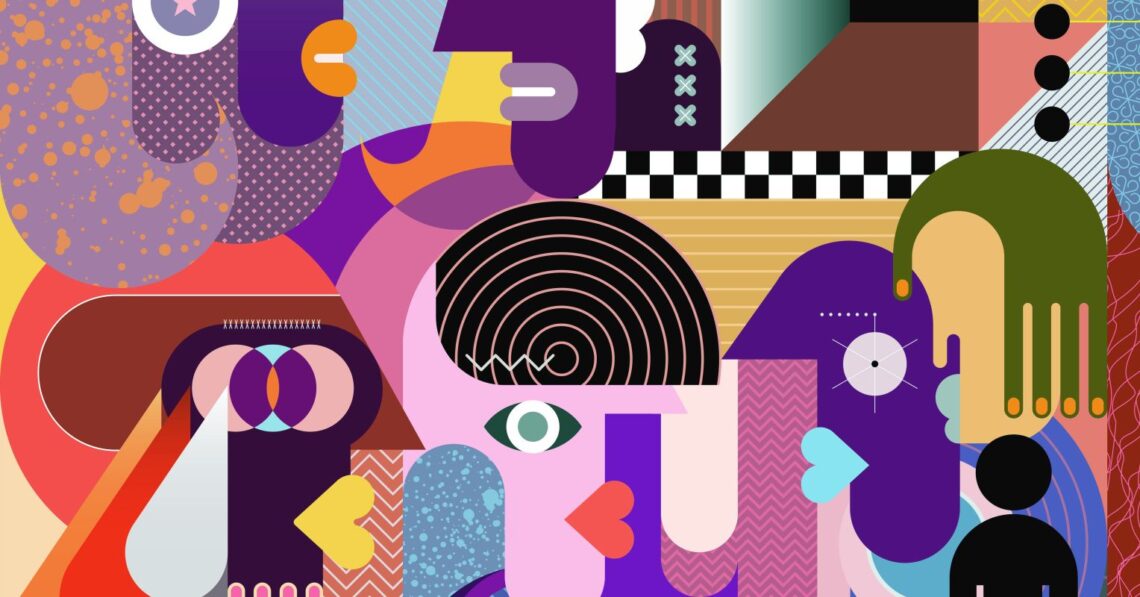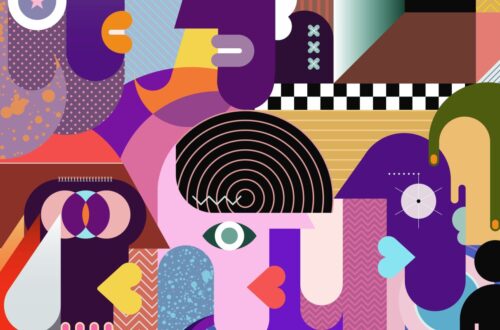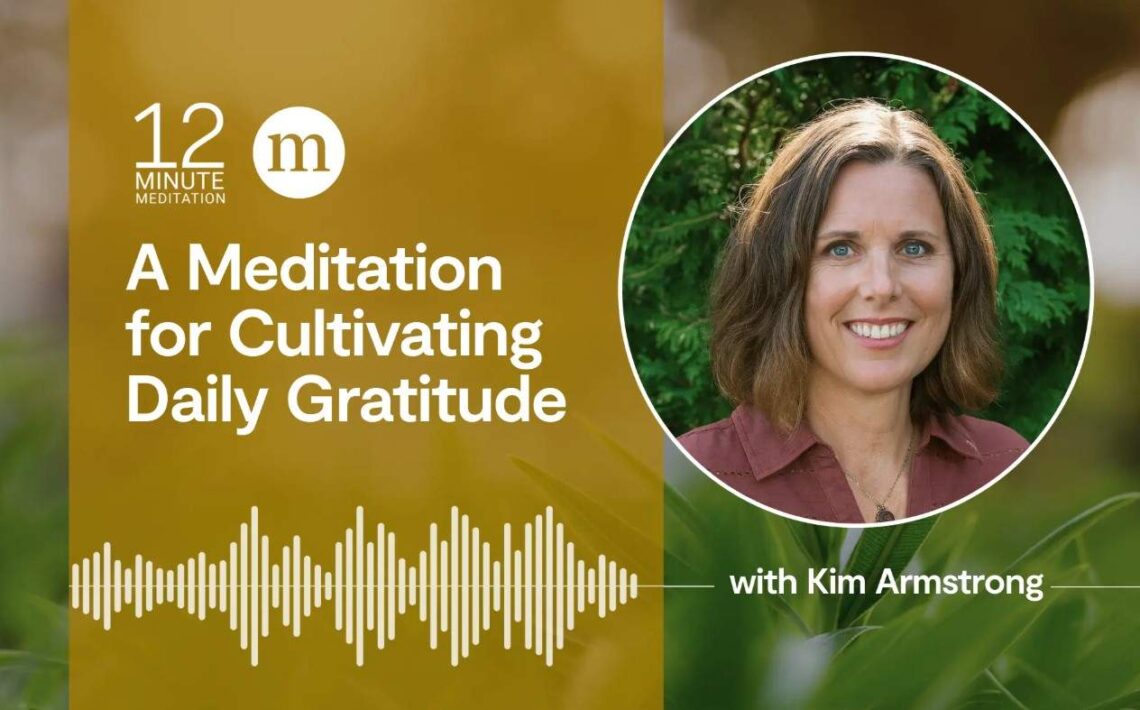Sighted people tend to fear blindness as much as or more than other disabling impairments (Enoch et al., 2019; Scott et al., 2016). They view blindness as tragic and assume that blind people are desperate for a cure (Nario-Redmond, 2020). At the onset of sight loss, people experience severe psychological distress (Boagy et al., 2022; Nyman et al., 2012). At that point, virtually all would welcome a treatment that would reverse their sight loss. But the collapse of their sighted identity eventually leads them to begin forming a new identity that includes blindness as a central feature. What Is Identity?…
-
-
John Kline is a good friend of mine, who I met through the National Alliance on Mental Illness (NAMI) Connection Support Group program. We’ve been facilitating a local NAMI support group together for years. He has a captivating story of experiencing Bipolar I, psychotic breaks, and what emotional recovery looks like. He also tells the story of his prolific career as a paramedic, and how his experience of bipolar shaped his career and his personal life. Sarah Merritt Ryan: How did your illness start and when were you diagnosed? John Kline: I was diagnosed as schizophrenic when I was 18…
-
National Orgasm Day (six weeks ago) has come and gone. Celebrated in a dozen countries around the world, it’s meant to challenge the taboo against talking about orgasm, especially female orgasm. Masturbating is the sexual activity that’s most likely to lead to orgasm, regardless of gender. Of course, you don’t need a holiday in order to masturbate–although masturbating can make any day feel like a holiday. Anyway… I’ve already discussed the so-called orgasm gap here and here. I say that the “orgasm gap” is more of an entitlement gap, a self-knowledge gap, and a communication gap. Of course, I totally…
-
Key Takeaways According to research, people who regularly read books may live longer than those who don’t. It’s a great way to relax without getting information overload—plus, with a library card, it’s a pretty low-cost health intervention. Grab that book you’ve been meaning to start. Your brain (and maybe your lifespan) will thank you for it. As a kid, I was a major bookworm. But somewhere between university reading lists and the burnout of my early 20s, that spark fizzled out. Reading became something I should do, not something I actually looked forward to. Lately, though, I’ve been slowly rekindling…
-
Key Takeaways Organic mental disorders can be caused by brain injuries, diseases, and exposure to toxins. Symptoms include trouble concentrating, confusion, and difficulties with relationships. These disorders are usually treated with medication and therapy. An organic mental disorder refers to a decrease in mental functioning that is not the result of a psychiatric condition. Sometimes this term is used interchangeably with organic brain syndrome (OBS) or chronic organic brain syndrome, but it is now generally referred to as a neurocognitive disorder. An organic mental disorder can be caused by a brain injury, disease, exposure to toxins, and more. Trouble concentrating and…
-
Quick Summary Every family develops unique communication habits shaped by unspoken rules, emotional dynamics, and individual roles, which influence how members express emotions and manage conflict. Common patterns include passive-aggressive communication, chronic avoidance, and top-down authority, which often persist into adulthood and affect other relationships. Unhealthy communication can lead to emotional challenges like anxiety and low self-worth, but recognizing your role in these patterns is a key step toward change. Shifting toward healthier communication involves clarifying your values, practicing new responses, setting boundaries, and seeking support with therapy. Every family has its own style of communication. These communication habits are…
-
Quick Summary Family bullying is repeated, intentional behavior—often disguised as “normal conflict”—that causes emotional harm and can come from siblings, parents, or other relatives. It’s often dismissed due to cultural norms, “family first” beliefs, or fear of speaking up, but family bullying deeply impacts self-worth, mental health, and trust in relationships. Coping includes setting and enforcing boundaries, reducing contact if needed, and seeking safe, supportive environments and help from a therapist. When bullying comes from within the family, it may be harder to recognize than bullying at school or work because it often happens behind closed doors. Family bullying might…
-
Key Takeaways Mindfulness is often seen as an individualistic practice, but traditionally it thrives in community settings. Group mindfulness training fosters connection and mutual support, which enhances individual practice. The sense of togetherness in a group helps individuals feel less isolated and more motivated to meditate regularly. Research suggests that community-based mindfulness could be more beneficial than solitary practices, yet this area needs further exploration. Creating supportive communities is crucial to successfully make meditation a habit for more people. The march of mindfulness into the mainstream seems to show no sign of slowing. On balance that’s a good thing. However,…
-
In this guided meditation, Kim Armstrong walks you through a simple practice to expand your capacity for gratitude in the everyday moments of life. We often think about gratitude as happening in response to “good” things, especially if those moments or events are also significant—a new job, a windfall, an amazing vacation. While these high points can easily spark positive emotion, a daily gratitude practice can go much deeper. For instance, what about moments that aren’t grand or overtly happy, but are small and emotionally neutral? What does it feel like to notice, take in, and consciously appreciate even the…












